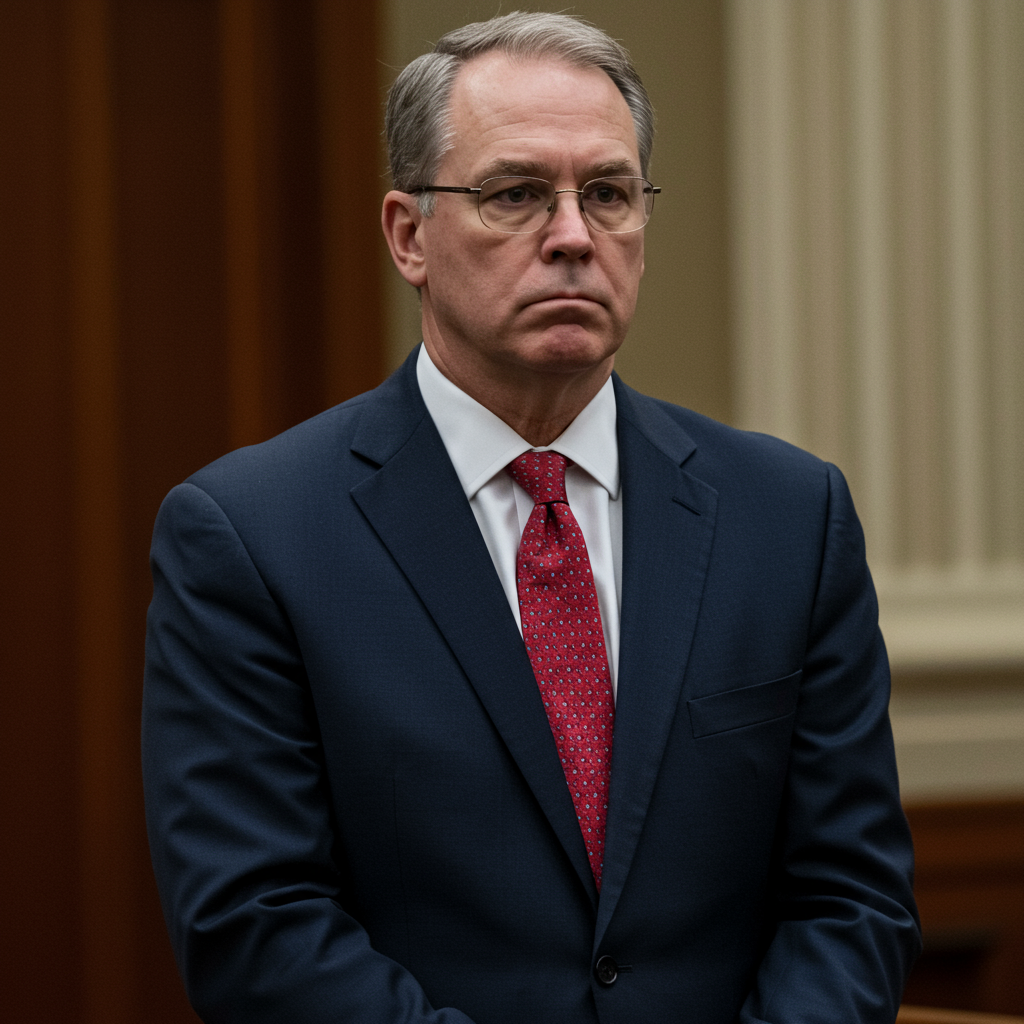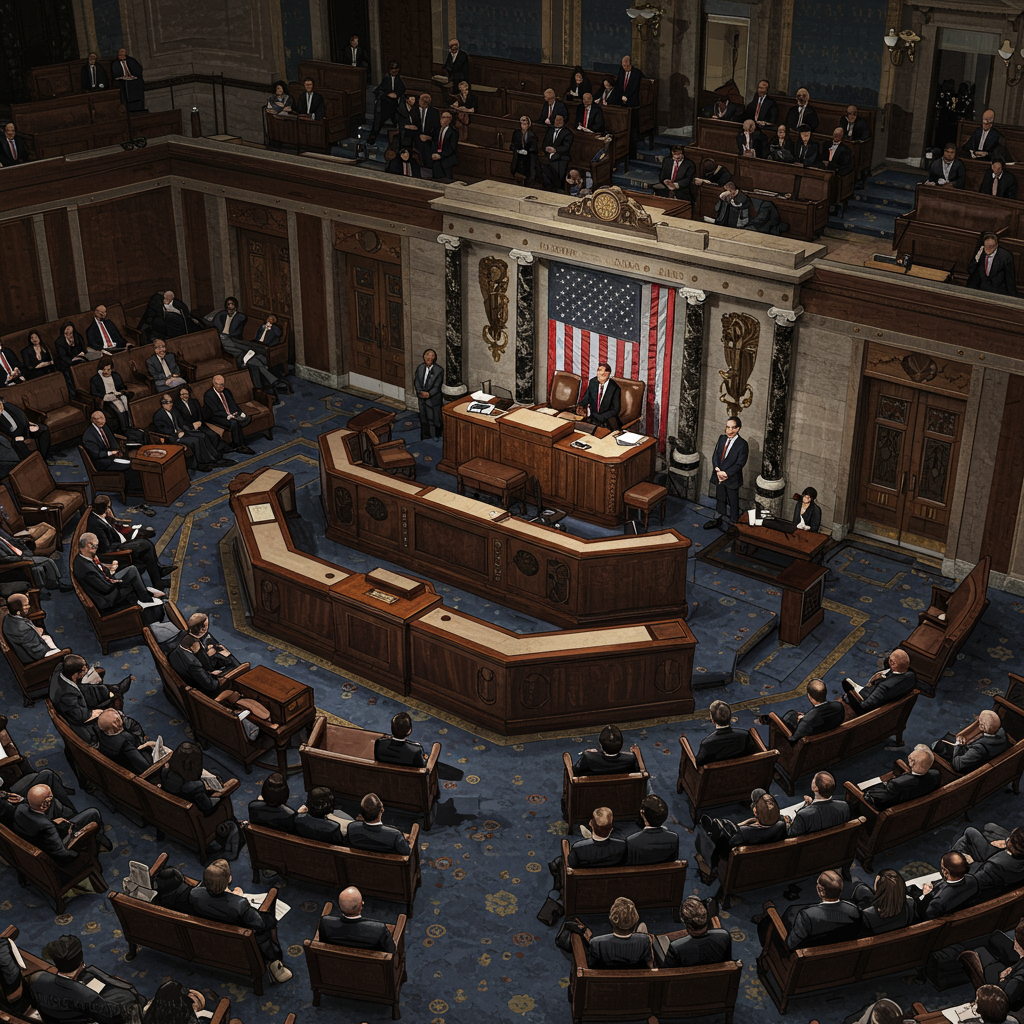MINNEAPOLIS, Minn. – The man accused in a deadly attack on Minnesota lawmakers, which resulted in the death of a prominent legislator and injuries to others, could potentially face a punishment rarely seen in the state: the federal death penalty.
Vance Boelter, 57, is charged with murder and other offenses following the meticulously planned attacks that targeted multiple state politicians. While Minnesota abolished capital punishment more than a century ago, federal prosecutors have stepped in, bringing charges that carry the possibility of execution, a stark contrast to the state’s legal history.
Details of the Chilling Attack
According to federal prosecutors, Boelter’s violence unfolded over more than 40 hours across several Minneapolis suburbs. Dressed in tactical gear, body armor, a realistic mask, and using a black SUV with flashing emergency lights to pose as police, he first targeted State Sen. John Hoffman and his wife, Yvette, at their Champlin home early Saturday, June 14, 2025. After claiming to be police investigating a shooting, he shot both Hoffmans repeatedly when they realized his disguise. Both survived despite suffering multiple gunshot wounds.
Shortly after, prosecutors say Boelter attempted to access other lawmakers’ homes, visiting the residences of two other legislators. At one, he left after police arrived; the other politician was on vacation. Authorities later revealed Boelter was carrying a list of approximately 70 names, primarily Democrats, including state and federal officials, community leaders, and abortion-rights advocates in Minnesota and potentially other states like Michigan, Ohio, and Wisconsin.
The spree culminated at the Brooklyn Park home of former House Speaker Melissa Hortman. Arriving in his fake police vehicle minutes before real officers, Boelter fired shots as he entered the home. He killed Melissa Hortman and her husband, Mark. Their dog was also shot and later euthanized.
Boelter left his car behind at the scene, which contained a chilling list of targets and multiple weapons. He evaded authorities during a massive two-day manhunt, described by officials as the largest in Minnesota history. He was eventually apprehended Sunday night, June 15, 2025, near Green Isle, about an hour from Minneapolis, where he surrendered without further incident.
Federal Charges Bring Death Penalty Possibility
Boelter faces six federal counts, two of which are capital offenses that can carry the death penalty. Acting U.S. Attorney Joseph H. Thompson stated that while it’s “too early to tell” if the death penalty will be sought, it remains an option.
This marks a significant departure for Minnesota, which abolished state-level capital punishment in 1911 and hasn’t carried out an execution since a botched hanging in 1906. However, federal law allows for the death penalty, regardless of state statutes. Federal prosecutors have not sought capital punishment in a Minnesota-based case since the Supreme Court reinstated it federally in 1976.
The federal intervention in this case, which took the lead from the initial state prosecution led by Hennepin County Attorney Mary Moriarty, has created tension between the two jurisdictions. Moriarty, who planned to pursue state charges carrying a mandatory life sentence without parole, acknowledged a “tension” with federal officials taking over. Legal experts note it’s rare for murder cases of this nature to be handled primarily at the federal level, suggesting the case’s “national interest” played a role.
A Shift Under the Current Administration
The possibility of federal capital punishment in this case aligns with a recent shift in policy. In February 2025, Attorney General Pam Bondi lifted a moratorium on federal executions imposed by the previous administration. Bondi has since authorized federal prosecutors to seek the death penalty in at least three cases. The previous administration carried out 13 federal executions, the most in modern history.
Legal Challenges and Unanswered Questions
If federal prosecutors pursue the death penalty, they will face the unique challenge of selecting a jury from a state that has historically rejected capital punishment for over a century, a stark contrast to jurisdictions with a history of supporting the death penalty.
While authorities have recovered notebooks detailing Boelter’s extensive planning, including surveillance and notes on targets, they have not found a clear explanation for his motive. Prosecutors described his actions as stalking victims “like prey” and characterized the incident as a “political assassination” and a “chilling attack on our democracy.” Boelter, described by friends as a devout Christian who campaigned for President Trump, is currently held without bail and has requested a federal public defender.
Boelter’s next federal court appearance is scheduled for June 27, 2025. While the federal case is expected to proceed first, the state charges remain in place. The attacks have heightened fears among politicians nationwide, leading to discussions about security and threats against elected officials.



